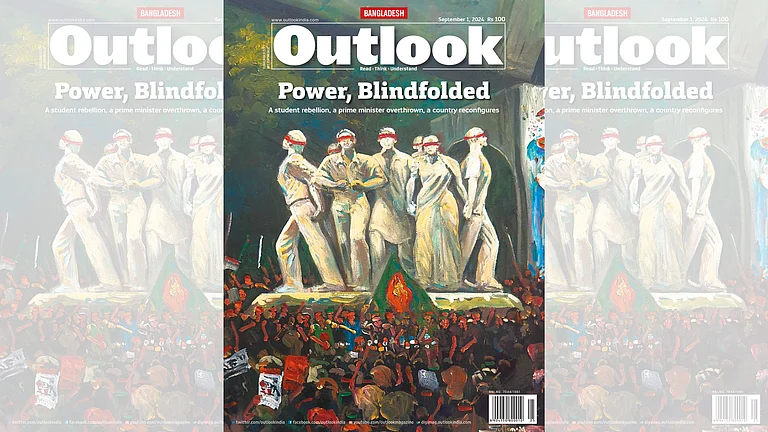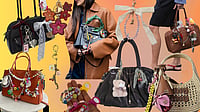The fashion industry, known for its ever-changing trends, is witnessing a surprising resurgence of fur, spurred by what some are calling the 'mob wife' aesthetic trend.
Mob Wife Aesthetic refers to a style and fashion trend inspired by the portrayal of the wives and female associates of individuals involved in organized crime, commonly depicted in movies, television series, and popular culture. It's all about voluminous hair, big sunglasses, faux fur, animal prints, smokey eye makeup, and a bold red lip.

And we all know that fur was once a symbol of wealth and status, adorning the shoulders of the elite as a testament to their opulence. However, as societal attitudes shifted towards animal rights and ethical considerations gained prominence, the use of real fur declined significantly.
Given this, even major fashion houses like Gucci, Versace, and Michael Kors pledged to go fur-free, reflecting a growing awareness of cruelty-free and sustainable alternatives. Yet, despite these strides towards ethical fashion, the allure of fur has found a new audience among influencers and celebrities alike. Celebrities like Dua Lipa, Khloe Kardashian, and Kendall Jenner have been spotted flaunting fur garments, igniting a trend that has trickled down to social media influencers and fashion enthusiasts.
Gen Z and millennial influencers are leading the charge, flaunting vintage fur coats on social media platforms like TikTok and Instagram. The trend has seen a surge in demand for second-hand fur, with buyers seeking out "flashy" and "voluptuous" styles.
Influencers like Kiki (@kikirajxo) and Frederica Labanca (@frederica.labanca) have garnered attention for their unabashed embrace of the mob wife aesthetic, donning heirloom fur coats passed down through generations.
However, the resurgence of real fur has sparked controversy, with critics condemning the practice as unethical and outdated. While some argue that second-hand fur is a sustainable choice, others, like TikToker Ida Giancola (@dionysian.girl), face backlash for promoting the use of real fur, even if it's vintage.
During the years 2020 to 2023, the Fur Free Alliance discovered that the production of mink fur decreased from 18 million pelts to 7.5 million, and fox fur went down from 1.2 million to 700,000 pelts. Richard Bissett, a member of the board, is concerned that the popular mob wife trend might make people want real fur again.
He said, "Many big brands and stores have stopped using real fur, and lots of countries have banned fur farming. This happened because most people don't think wearing real animal fur is cool or okay."
"Sure, if you like the mob wife style, go for it. But please, even if it's the next big thing, try not to wear real fur," he added.
The debate over fur's place in fashion is further intensified by the growing number of designers and retailers committing to fur-free policies. Brands such as Stella McCartney, Calvin Klein, and Ralph Lauren have joined the ranks of those championing cruelty-free alternatives, emphasizing the importance of ethical and environmentally conscious fashion choices.
Despite the renewed interest in real fur, faux fur retailers remain confident in the appeal of animal-free fashion. Amelie Brick, CEO of faux fur company Apparis, emphasizes the sustainability of faux fur coats made from recycled materials, reiterating the importance of prioritizing kindness towards animals and the environment.
Organizations like People for the Ethical Treatment of Animals (PETA) continue to advocate against the use of real fur, urging consumers to opt for cruelty-free alternatives. PETA President Ingrid Newkirk emphasizes the ethical imperative of rejecting fur in favor of sustainable vegan clothing, cautioning against perpetuating an industry marked by animal cruelty.























